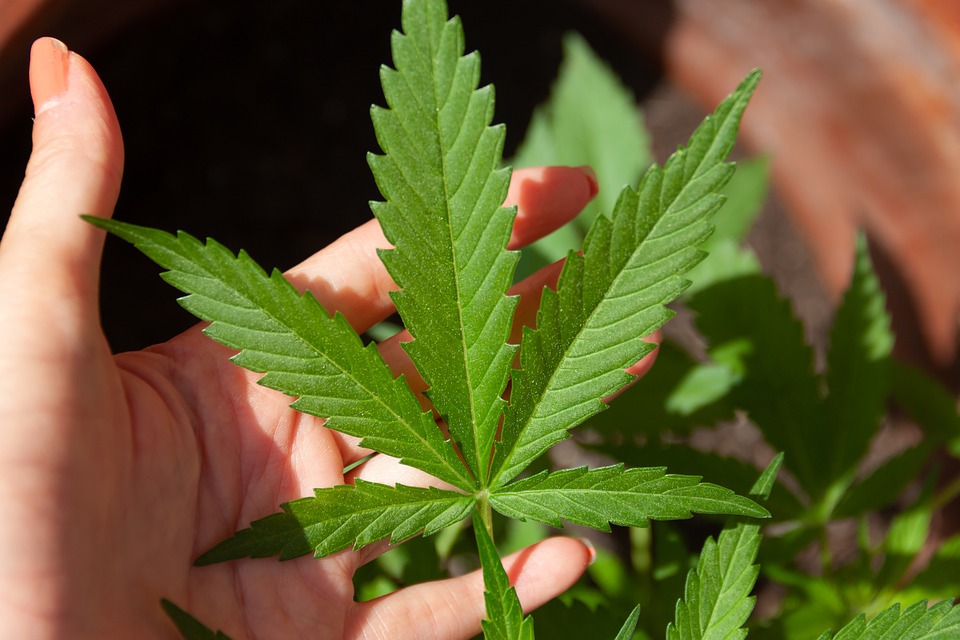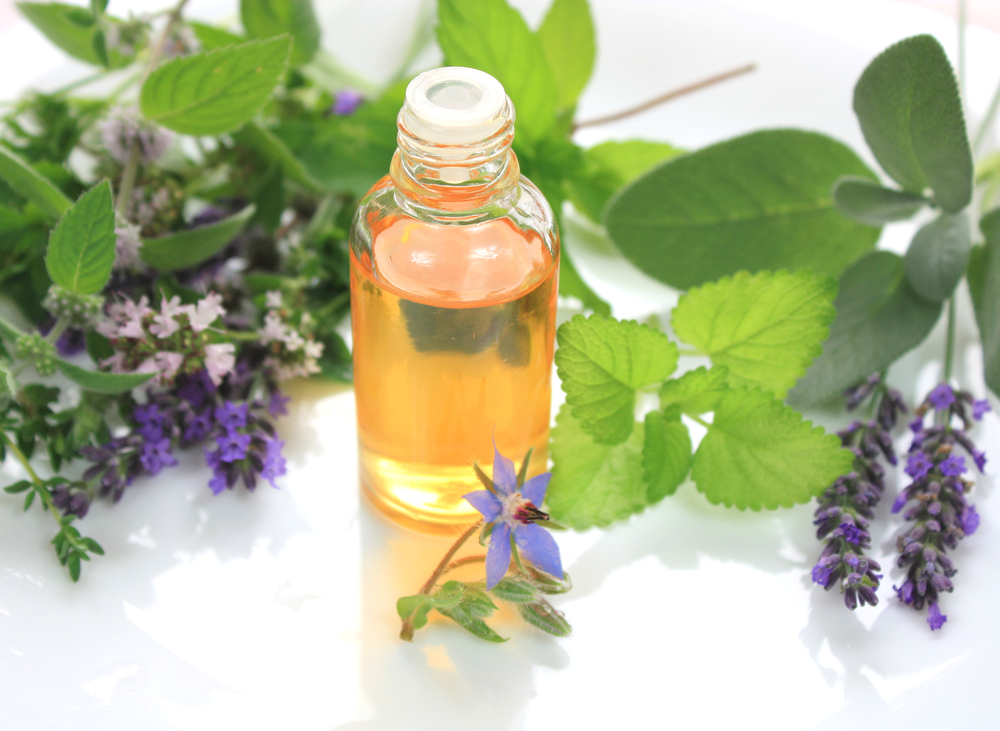Cannabis plants contain more than one hundred various cannabinoids, of which CBD is one. It’s also the second major active compound besides THC. People are becoming more intrigued by the distinctions between Cannabidiol and Tetrahydrocannabinol. A sizable number of people mix these two substances together in order to gain the most significant benefits from their marijuana extracts.
Both CBD and THC have a similar molecular make-up to the cannabinoids naturally developed in the human body by the endocannabinoid system. (ECS) is responsible for a vast selection of healing benefits.
This article provides a comprehensive overview of essential differences between CBD and THC, outlining their positive aspects, applications, potential risks, legality, and more. We are going to talk about the methods both cannabinoids work with to keep control of vital functions in your body.
Clarifying Terms
There are many misconceptions and much misinformation circulating. It is vital to understand the definitions of different words when researching CBD and THC. It is simple to be perplexed if one does not have an understanding of the several terms.
Delta-9-tetrahydrocannabinol (THC) is the chemical which is natively present in the cannabis plant and is responsible for the psychoactive sensation commonly referred to as the “high”. Cannabidiol (CBD) is a chemical derived from the cannabis plant.
Cannabidiol (CBD) does not have the psychoactive component of THC, so it does not give the user a sense of being “high”. It can produce relaxation or sleepiness. The substance has the capability to neutralize oxygen free radicals that can be damaging to cells, as well as the ability to reduce inflammation.
Hemp vs. Marijuana
Cannabis is the same type of plant that hemp and marijuana are both derived from. Nevertheless, hemp plants are not composed of more than 0.3 percent of THC (measured by dry weight). Marijuana has 5%–20% THC.Hemp cannot get you high.
Psychoactive
The World Health Organization (WHO) defines a psychoactive substance as something that has an effect on someone’s mental state, including the way they think, feel, or perceive the world around them. This term can encompass not only illegal drugs, but also legalized substances like nicotine or caffeine.
Synthetic vs. Natural
Synthetic CBD is created in a laboratory using either chemical or biological elements. Natural CBD is taken from cannabis plants.
Cannabis sativa is the source of both CBD and THC, which are both cannabinoids. Both of them have the same molecular structure; 21 carbon atoms, 30 hydrogen atoms, and two oxygen atoms. However, the arrangement of the atoms differs. The body reacts to them as two different substances.
What Is CBD?
Cannabidiol, abbreviated as CBD, is a compound that is produced by cannabis plants and does not cause intoxication. CBD does not produce the same type of euphoric effect that marijuana does, so it won’t get you high. If you take CBD oil that is obtained from hemp, you need not be concerned about feeling intoxicated as the THC level in such items is lower than 0.3%.
As of the 2018 Farm Bill, extracts of CBD that do not exceed the permitted amount of THC are federally permitted. CBD has a wide range of therapeutic properties. People usually talk about CBD in the context of health and wellness rather than for its recreational use.
Purium’s pure + premium hemp-derived cannabidiol (CBD) is super potent, containing 1500mg per bottle. Grown in Kentucky or Colorado and without any artificial ingredients, CBD+ combines full spectrum and pure CBD extracts in organic hemp seed oil. Every 50mg serving of the naturally-flavored sublingual spray is fast-acting and convenient.
What Is THC?
The primary ingredient in marijuana plants that has an effect on the body is delta-9-tetrahydrocannabinol, also known as THC. The substance that produces the calming and blissful feelings that people experience when intoxicated is what is responsible.
It also has analgesic, appetite-stimulating, and sedating properties. Although there are other cannabinoids which can cause inebriation, the Tetrahydrocannabinol (THC) is the only one which occurs in large enough amounts to cause an altered state of consciousness. This is why THC has been traditionally connected to recreational activities.
Despite this, there is a lot of evidence of CBD’s therapeutic advantages. The mental and emotional effects of this medication can help people with a range of physical and psychological issues.
CBD vs THC: Major Differences
It’s actually difficult to summarize the differences between CBD vs. THC in a nutshell, but here are the most vivid ones:
CBD
- CBD won’t make you feel high in the way THC does because it’s a non-intoxicant.
- CBD has more than 65 molecular targets, but it doesn’t directly bind to cannabinoid receptors in the brain.
- CBD helps the body achieve and maintain higher levels of endocannabinoids in the bloodstream.
- CBD can dampen the high from THC.
- CBD is mostly associated with medical, health, and wellness benefits.
- CBD doesn’t cause toxicity, even in large amounts.
- CBD is safe for animals.
- CBD can be extracted from hemp and marijuana.
- Hemp-derived CBD products are legal on a federal level.
THC
- THC can get you high because it has intoxicating properties.
- People often link THC to recreational cannabis use, although it has many therapeutic benefits too.
- Lower doses of THC can reduce stress and anxiety, but higher doses can aggravate these feelings in sensitive users due to its biphasic nature.
- THC sends signals to the brain by binding to cannabinoid receptors CB1.
- THC can be extracted only from marijuana plants.
- THC is fully legal in Canada and Uruguay. In the USA, 16 states have legalized its recreational use.
CBD vs THC: How They Work
You can utilize the bullet points above as a quick reminder, but the dissimilarities between CBD and THC are more involved than that. Regarding their applications, both cannabinoids possess a variety of recreational and therapeutic benefits.
CBD vs THC: How They Affect the Brain
Most marijuana consumers view the euphoria induced by THC as a pleasant feeling. People frequently announce a tranquilized mental state, diminished bodily stress, joyous moments, joyousness, and even hints of improved intellectual ability.
The ingestion of THC in small to moderate amounts is accepted by humans, and it has been found to efficiently reduce stress and anxiety. However, as we previously indicated in the report, bigger portions of THC can make these emotions more extreme for people who are vulnerable.
Conversely, CBD doesn’t cause the feeling of being ‘high’, and its emotional effects are achieved through a more roundabout way. CBD can facilitate handling of stressors in your everyday life, making it simpler for you to deal with matters that would otherwise make you angry.
CBD can actually be beneficial by connecting to the CB1 receptors which THC would otherwise bind to, lowering any overactive response to the THC. This leads to numerous individuals combining cannabis with CBD hemp blossoms to offset the inebriating impacts of THC.
Is it correct to assume that both of these compounds have an effect on the mental state, making them both psychoactive? It can be said that substances which have an effect on the mind are included in what is meant by “psychoactive.” Even your washing machine can be emotionally provocative if its blunders cause you to be enraged.
The people you work with can have a significant effect on your mood, either positively or negatively. A better way of explaining the variations between CBD and THC is to state that THC is “intoxicating” instead of “psychoactive.” Intoxication alludes to a changed state of mind, which is precisely what occurs when THC enters your body.
CBD doesn’t induce euphoric sensations, so it’s not intoxicating. Although it does not have any direct effect on the brain, this substance can still affect mental health as it is capable of modulating your feelings and increasing emotional equilibrium.
CBD vs THC: How They Affect the Body
You may have greater success finding what you’re looking for in terms of a body-oriented effect if you use CBD products. They can lessen inflammation, bring relief from soreness, quicken recovery tasks, and enhance your capacity to handle stress.
The impacts of tetrahydrocannabinol rely on the cannabinoid mixture of the item, as well as the terpene levels and their proportions. Certain types of marijuana can create a more intellectual experience, while other types will result in a more physical sensation. It is possible to control the medicinal benefits derived from CBD with either type of cannabis, so that you will not experience an excessive amount of intoxication.
CBD vs THC: Health Benefits
THC and CBD both have an effect on different components of the endocannabinoid system. THC acts as the activator of CB1 and CB2 receptors, whereas CBD has hardly any influence over them. Rather than having its influence upon the body through one singular pathway, CBD works across multiple targets on both receptor-dependent and receptor-independent pathways.
It is possible for THC and CBD to work together to create even more health advantages when used simultaneously. However, they use completely different mechanisms to manifest them.
As an illustration, CBD has extremely strong anti-inflammatory capabilities; this can help to aid the immunity system and can be useful in helping people who suffer from several conditions. A lot of ailments have their beginnings in perpetual inflammation, which could explain the number of people who experience improvement by taking CBD regularly.
The psychoactive component of cannabis, THC, has been indicated as having neuroprotective qualities, with its most notable outcomes lending to improvements in mental health. Nevertheless, it could also decrease suffering, stimulate hunger, help out those with sleeplessness, and cut down cancerous cells in the body.
Health Surgeon’s CBD Dosage Calculator
Physiological vs Physical Effects of CBD and THC
Both CBD and THC have the potential to change how the brain processes pain. This can help to lessen physical aches caused by inflammation, wounds, headaches, and fibromyalgia. The variations between CBD and THC are that CBD offers a soothing feeling to the body without creating an euphoric physical sensation.
Studies have noted CBD’s capability to diminish anxiety and aid individuals in dealing with stress. Additionally, some scientists claim that CBD might also be able to aid in maintaining regular sleep patterns. Furthermore, CBD has the potential to protect cells in the brain from the adverse effects of oxidation and avert deterioration.
Research indicates that the same neuroprotective effects might be produced by THC. Medical researchers are looking into the outcomes of Alzheimer’s prevention and treatment. Cannabinoid can help to better your concentration and cheer your mood when ingested in amounts to cause light inebriation or make you just tipsy.
Medicinal
CBD can be utilised for medicinal purposes, and many of its mechanisms of action have been revealed – there are currently twenty distinct ones that have been identified. It has been found to:9
- Mediate antiepileptic effects: It binds to a protein called GPR55 that triggers seizures.
- Mediate pain signaling and inflammation: It acts on receptors in these pathways.
- Relieve neuropathic pain and have an antidepressant effect: It acts like selective serotonin receptor inhibitors (SSRIs), which are medications used to treat depression.
- Decrease psychotic symptoms: This effect may be seen in people with schizophrenia (a mental health condition in which there is an altered perception of reality). It may have an additive effect when used with traditional antipsychotic drugs (when used together, there may be better control of hallucinations and delusions).
- Reduce anxiety symptoms.
Further research should be conducted to understand how CBD operates and to determine whether its effects are consistently meaningful for medical purposes. Medications containing cannabinoids (CBD and/or THC) may be of assistance in alleviating sickness and throwing up in individuals who are going through cancer treatment and radiation, and reducing in weight as well as losing appetite that comes with Human Immunodeficiency Virus (HIV) or AIDS. They may be able to assist with long-term pain and indicators of multiple sclerosis.
Recreational
CBD is not employed for the same purpose as marijuana, which is used as a recreational drug. Using CBD will not give you a euphoric feeling, but it can be useful for reducing tension and stress.
Recreationally, effects of THC can include:
- Alteration of the senses
- Alteration of your sense of time
- Mood changes
- Trouble with body movement
- Impaired memory
- Trouble thinking or problem-solving
- Hallucinations or delusions
- Psychosis (losing touch with reality): Risk is highest when regularly using high-potency marijuana.
Industrial and Cosmetic Uses of CBD
CBD has the potential to alleviate the symptoms of a number of conditions, ranging from skin irritations like eczema (an inflammatory disorder) and psoriasis (an immune system issue) to cosmetic difficulties. The human endocannabinoid system (ECS) assists in sustaining equilibrium in the body.
It assists in keeping the skin in equilibrium, and when the balance is disturbed, patches with differing pigmentation, atopic dermatitis, hair growth or loss, itching, and pimples may arise.
CBD’s anti-inflammatory characteristics can be beneficial for those suffering from conditions which involve inflammation and/or itching, for example atopic dermatitis. Further study must be accomplished, yet CBD could likewise help with skin break out as it could repress bacterial development and the creation of more oil-creating skin cells.
Summary
Though hemp and marijuana stem from the same source, cannabis, they have notable distinctions. CBD and THC both have the ability to relax the body, contribute to sounder sleep, better one’s temper, and reduce pain. However, CBD does not have the same intoxicating effects that THC does.
There are different kinds of CBD. It is beneficial to be aware of the type you are consuming since some may contain small amounts of THC. Gaining knowledge regarding CBD and THC can enable you to make encouraged judgments about what you choose to ingest.
In certain areas, both CBD and THC are sanctioned; however, certain states may have limits on them. It’s advisable to become familiar with the legal statutes of your state concerning CBD and THC before utilizing or obtaining these substances.









